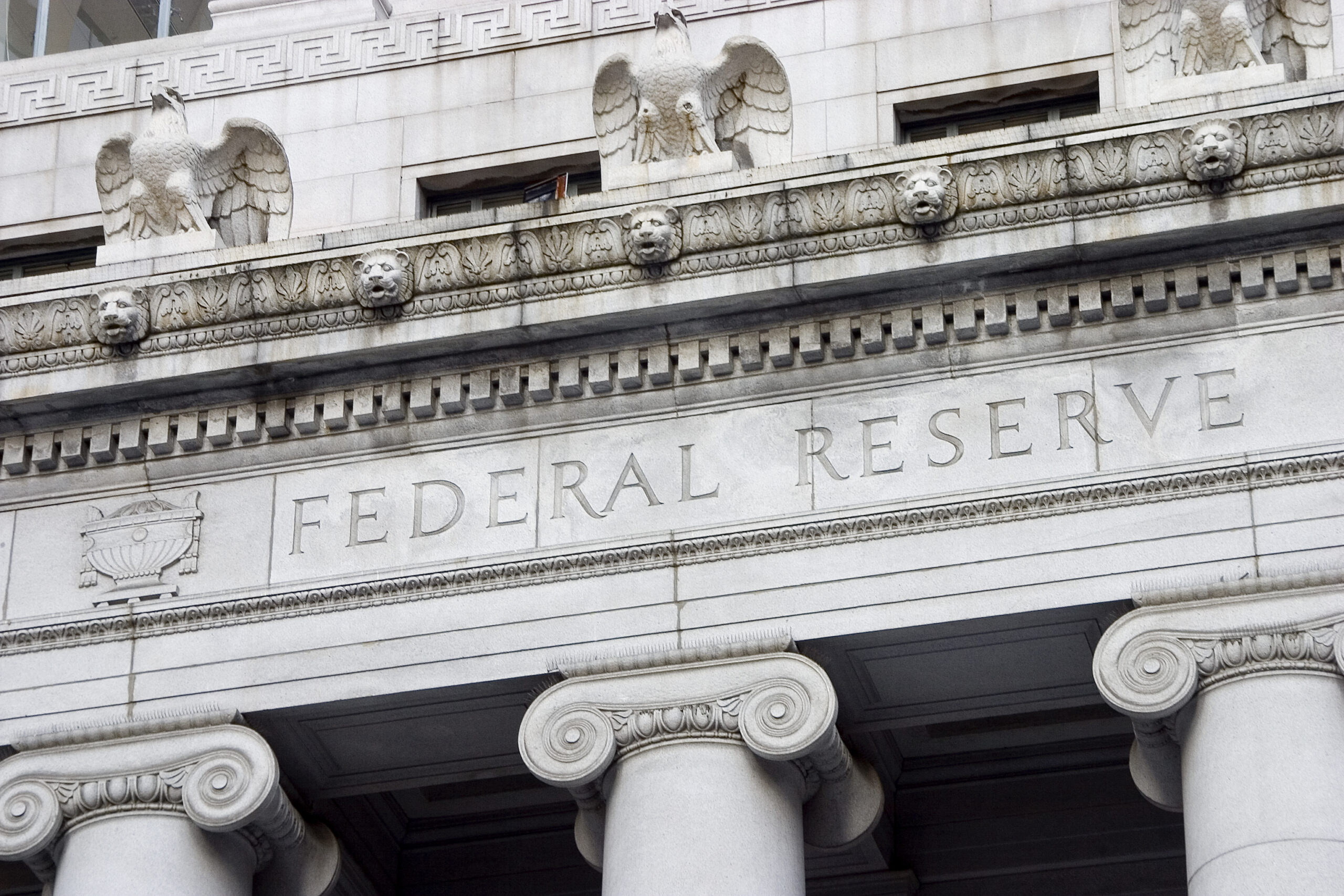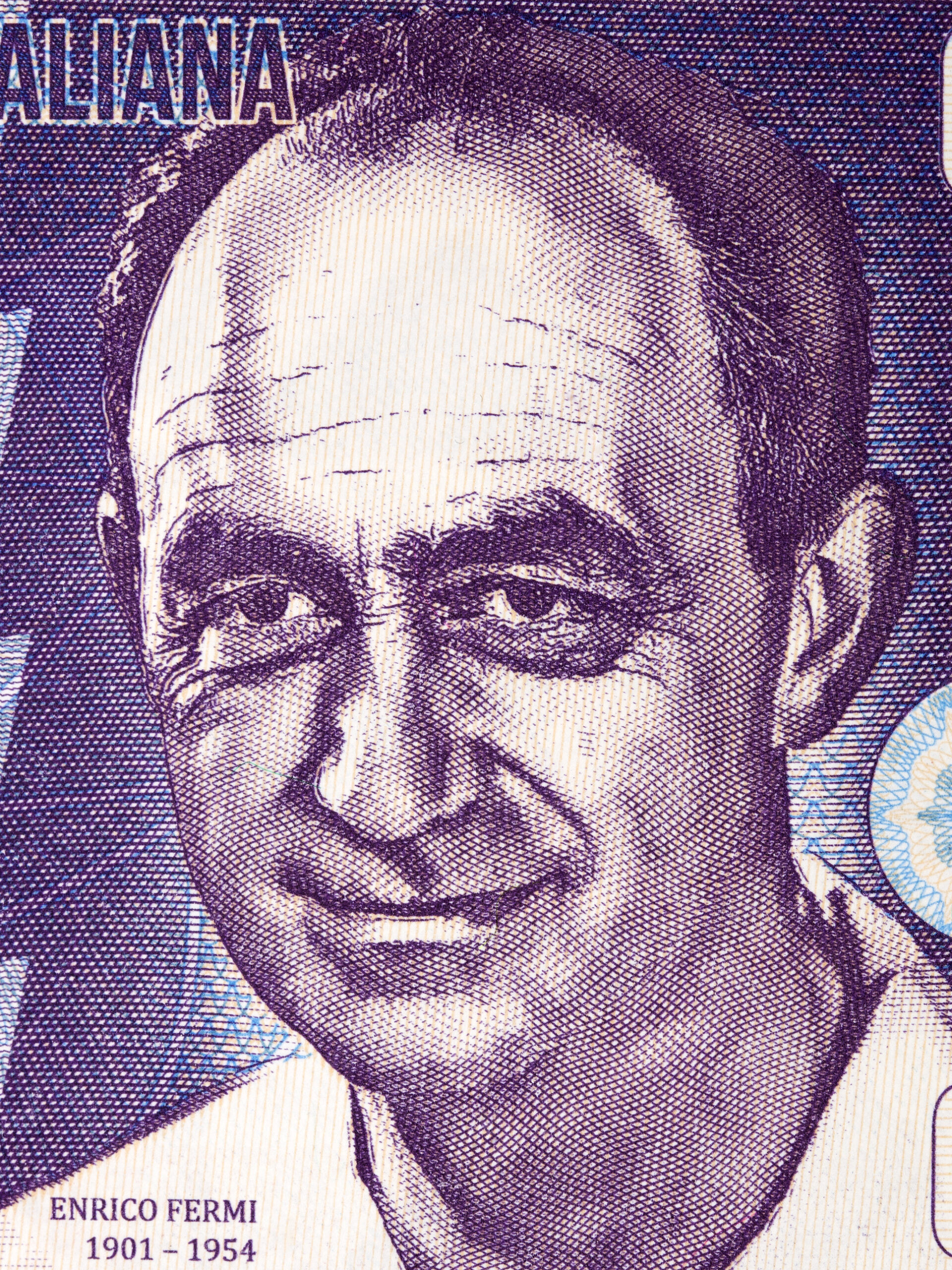“Other than that, everything’s okay.”
My friend Gary, a smart guy with an MBA from the University of Chicago, uses that line to herald dire situations. It’s from the old UK sitcom starring John Cleese, Fawlty Towers. In one episode, Cleese the restaurateur receives a visit from a health inspector, who excoriates him for a host of violations and threatens to shutter the restaurant. After an uncomfortable silence, Cleese says, “Otherwise everything’s okay?”
Large banks including Morgan Stanley, UBS, Credit Suisse, Deutsche Bank, Citigroup and Bank of America are down about 30% this year. A great deal has been made of reasons. Sovereign wealth funds, big holders in most, are sellers. Exposure to oil debt. Growth and recession fears crimping expectations for loans. Low or spreading negative rates further restraining interest income.
All perhaps valid. We’re looking at banks for a different reason. Investor-relations practitioners must understand (really, everyone should) the form and function of the stock market to know what to expect from it. Nine banks are behind 50% of equity-market volume now including the six above plus Goldman Sachs, Barclays and JP Morgan.
Add nine other firms whose principal focus is high-speed trading (I wrote for CNBC last week on the origin of fast markets) and we’ve tallied 90% of market volume, recently averaging 9.7 billion shares daily. Just 25 firms including trading platforms individually handle 0.5% or more of daily volume. Using one anecdote, in 2010 there were about 240 participants executing CSCO trades (different from advertising volume). Today, barely a hundred. There are ever fewer entrances and exits.
Why? Rules require brokers with customers to meet standards of trade-execution or be fined by regulators. Standards reflect averages created by brokers executing trades. Over time, smaller brokers unable to meet them route orders to bigger ones and the market becomes ever more concentrated.
Trillions flowed to stocks through indexes and Exchange Traded Funds (ETFs) after the financial crisis as they rose and rose. Investors supposed diversifying – indexing the market – would reduce risk. But everybody is doing it, so it’s uniformity. ETFs dominate volume ranks (only BAC, a bank, can keep up with the likes of QQQ, SPY, XLF, VXX, GDX, EWJ and other ETFs for daily volume).
Who are the authorized participants, the firms furnishing and removing shares of these ETFs to match inflows and outflows? The same big banks. Often large investors rely on options or futures to track indexes and hedge risks. The same big banks are major derivatives counterparties.
Speaking of which, add hundreds of trillions of dollars in currency and interest-rate swaps that financial market-participants use to keep pace with ever-changing global money. Counterparties? The same banks.
The same banks dominate the IPO market, fixed-income underwriting, loan-syndication and equity research. Where the global financial marketplace once was a huge tent with sides furled, today it’s a giant gymnasium with nine exits.
If the money that tracked the market on the way up decided to depart on the descent, and the risk associated with moving was transferred to derivatives and the trades handed off for execution, the weight of the building would poise over each exit, the big banks.
And who buys? Unless active stock pickers show up en masse the parties that must purchase are these big firms providing prime brokerage (trading capital and management services). So they’re executing trades, backing derivatives, redeeming ETF shares, committing capital around imbalances as money departs.
It’s easy to imagine liabilities accumulating. Banks have strict rules for value-at-risk that diminish capacity for after-market support as equity capital sinks. Periodically, capital rules will force shedding of risk – which may have contributed in part to technology carnage Feb 5 as weekly options expired.
Unless we visualize the trusses, plumbing, wiring of the market, we’ll be baffled when the structure creaks. On June 10, 2015 we warned clients in a note that a down market dependent on derivatives would reveal risk through the failure of one or more big counterparties the same way it did during the mortgage-related financial crisis. We singled out Deutsche Bank.
Lest you fear, markets are resilient and nothing serves better to correct error than failure. Besides, other than that everything is okay.





